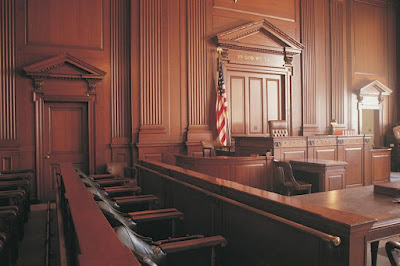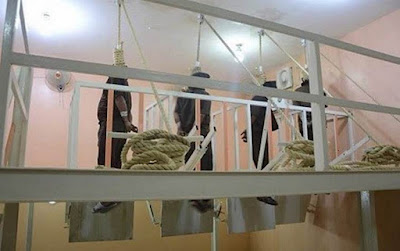WASHINGTON — The Supreme Court refused to hear a Louisiana prisoner's death penalty appeal Tuesday, but two of the eight justices said they would have taken the case to decide if capital punishment remains constitutional.
The one-paragraph order and two-page dissent solidified the battle lines at the court over what some justices consider their most difficult duty: deciding who lives and who dies.
That six justices, including liberals Sonia Sotomayor and Elena Kagan, denied convicted murderer Lamondre Tucker's petition shows that the court is not ready to reconsider its 1976 decision reinstating the death penalty.
But Justices Stephen Breyer and Ruth Bader Ginsburg reiterated their desire to consider its constitutionality, which they first voiced last June in a dissent from the court's 5-4 decision upholding a controversial form of lethal injection.
In the Louisiana case, Breyer noted that Tucker was barely older than the 18-year-old threshold to be eligible for the death penalty and had an IQ of 74, —just above the level to be considered intellectually disabled — when he shot and killed his pregnant ex-girlfriend in 2008.
In addition, he was sentenced in Caddo Parrish, which renders a disproportionate percentage of the state's death sentences.
"Given these facts, Tucker may well have received the death penalty not because of the comparative egregiousness of his crime, but because of an arbitrary feature of his case, namely, geography," Breyer wrote.
He and Ginsburg said they would have agreed to hear the case for that reason and others cited in their June dissent. Those included the potential for mistakes, racial and other disparities, decades-long delays, and increasing numbers of states and counties abandoning capital punishment.
Source: USA Today, May 31, 2016


.jpg)







